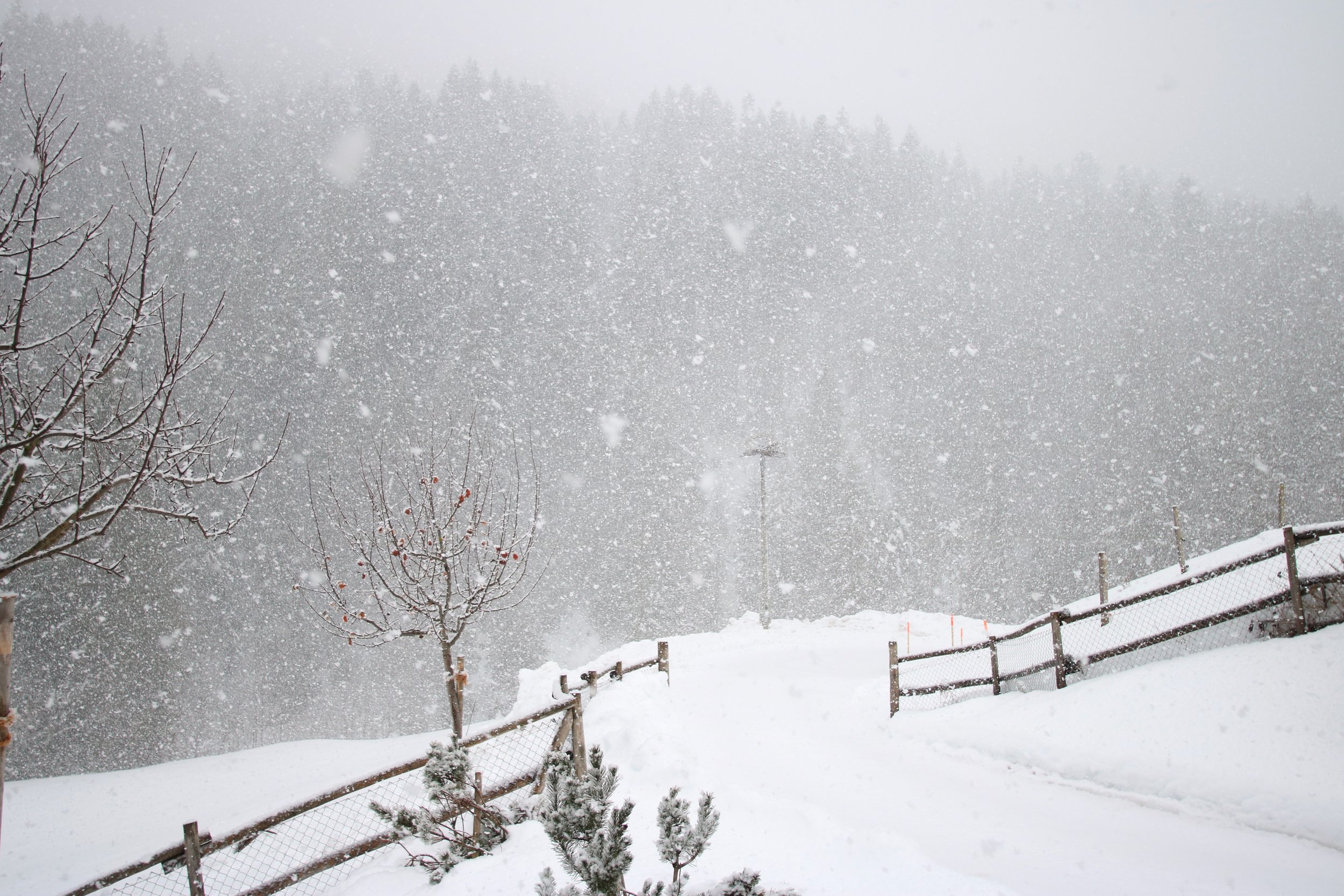
Horse Therapy
physical therapy; horse therapy; paralysis;

Horse Therapy
When my father was thirty-two years old, he contracted a rare and painful paralysis. I remember watching him struggle to the hospital, physically pulling each leg forward with his hands so he could take another step. The doctors had no idea what it was, guessed at rheumatoid arthritis, told him he’d never walk again, and sent him home.
Dad went to bed in early May and didn’t get up for nearly six months. My mother developed callouses on her hands from rubbing liniment on the swollen areas and alternately applying hot and cool compresses. Inflammation travelled throughout his joints in what appeared to be a random manner and made movement excruciating
Chuck was the head cowboy on the grazing reserve and reported to my father at the time. He came to the house every morning to discuss the day’s plans. Dad would give instructions, and Chuck would carry them out. A loyal and experienced cowboy, Chuck was invaluable during my dad’s illness.
Nearly six months passed with no improvement in Dad’s condition. He told me that the day he noticed the leaves had turned yellow, he decided he'd had enough of being an invalid. If he stayed in bed any longer, he’d never get out again. He instructed Chuck to bring a saddled horse to the house.
Even though his joints were swollen and painful, he managed to get dressed with my mother’s help. She and Chuck, one on each side to keep Dad from falling, guided him slowly to the front door as he stepped a few inches at a time. Once there, Chuck told Dad to take a deep breath then levered him into the saddle. I can’t image how painful that must’ve been.
As a Master Equestrian, my father knew that riding a horse moved every part of a person's body, and he knew he had to return to active living or die. Pain and dizziness swept over his face as his inflamed hip joints shifted to the shape of the saddle. From that day forward, the only time he went to bed was to sleep at night.
Every morning Chuck would bring a horse to the house and help my father mount. They'd spend the day riding through the hills checking the 2,300 head of cattle in their care. Chuck would do the physical work Dad couldn’t manage, and Dad would make decisions about the upcoming roundup.
Day after day, Dad rode for hours. Every step the horse took was excruciating. When the pain became unbearable, Chuck would help Dad dismount, and he'd lay in the grass until he had the strength to go on.
The October fifteenth roundup came and went. Snow fell, and Chuck went home for the winter. By then, my father was making some progress, and though still in pain, he grew strong enough to saddle his own horse. His five, seven, and nine-year-old sons looked after feeding the horses, cleaning the barn, and shoveling snow.
Daily rides continued throughout a frigid winter. With no indoor arena available, Dad bundled up and headed into the snowy hills every morning.
For an eight-year-old, this was scary stuff. Dad had been sick for a long time. He told us that if his paralysis continued, we'd have to move away from the grazing reserve, as he couldn’t do his job. I'd watch him set out on his horse day after day through belly-deep snow, huddled against the cold. I remember seeing their frozen breaths and hearing the crunch of hoof steps in the frigid snow as they rode away.
Christmas came and went. After a one-day thaw, the glacial temperatures returned. Dad rode every day the cold wouldn’t damage his horse’s lungs. Winter slowly wore on, and the painful inflammation in his joints started to recede along with the season. As the days began to lengthen, and a whisper of warmth touched the air, the disorder reluctantly, bit by bit, began to release its brutal hold. By May fifteenth, the snow had melted, and blades of grass pierced the warming soil. This was the day the cattle were to arrive for the summer. By this time, Dad could mount and ride relatively freely, though it would be years before the lingering stiffness in his joints fully released.
I believe a man of lesser determination would’ve spent the rest of his life as an invalid – or perhaps given up and died.
I’m grateful to have inherited a good amount of that determination. Although I’ve no desire to repeat his experience for myself, I witnessed firsthand what persistence and determination could do. I’m glad he didn’t believe the “experts” who told him he’d never walk again. It was a good lesson for me and the first time I saw medical authority questioned and learned they could be wrong. My dad’s rejection of the doctor’s prognosis saved his life – and forever changed mine in that I learned to trust myself, not authority figures.
Dad rode daily until well into his eighties with no arthritis or lingering stiffness from his ordeal.
Young children learn big lessons from watching how brutal challenges are handled. I witnessed my dad’s decision to refuse to be a victim. At that point, I learned what true determination was all about and made it a part of my being.
Thanks for that, Dad – and RIP.